
U.S. Senators Todd Young (R-Ind.), Roger Wicker (R-Miss.), Ben Ray Luján (D-N.M.), and Mark Kelly (D-Ariz.) reintroduced the Funding Affordable Internet with Reliable (FAIR) Contributions Act. The legislation would direct the Federal Communications Commission (FCC) to conduct a study into the feasibility of collecting Universal Service Fund (USF) contributions from internet edge providers.
Internet edge providers have long been able to utilize critical Internet infrastructure without being required to contribute to improving the capabilities of the infrastructure.
“It is vital that we close the digital divide and deploy broadband across all of Indiana, including our most rural counties, schools, and health care facilities,” said Senator Young. “As internet edge providers continue to expand their reach and the Universal Service Fund’s revenue streams become less sustainable, we must look at all options to ensure every Hoosier has access to broadband, both now and in the future.”
“As Chair of the Subcommittee on Communications, Media, and Broadband, I’m fighting to move New Mexico closer toward 100% connectivity,” said Senator Luján. “The Universal Service Fund supports broadband access for rural communities across the country, ensuring families have access to economic opportunity, to school, and to health care. This report will examine how the largest tech companies can pay their fair share. The future is online and it’s critical that essential broadband programs receive robust funding.”
“Our bipartisan legislation looks at ways that tech companies can help us close the digital divide in Arizona. We’ll continue working to find common-sense solutions that expand high-speed internet access for rural and tribal communities across the country,” said Senator Kelly.
Among other provisions, the FAIR Contributions Act would:
Direct the FCC to issue a Notice of Inquiry seeking public comment on the feasibility of collecting USF contributions from internet edge providers, and issue a final report on the matter within 180 days. Require the FCC to consider:· Possible sources of Big Tech revenue, such as digital advertising and user fees;
· The fairness of the current system and a system under which contributions could be assessed on Big Tech firms;
· The feasibility of assessing contributions on such a broad category of firms that do not currently register with the FCC;
· The effects such a change would have on Tribal, low-income, and elderly consumers; and
· The changes to current law necessary to implement this system.
Through the USF, the FCC disburses approximately $10 billion per year to fund broadband deployment to high-cost rural areas, schools and libraries, rural health care facilities, telehealth services, and broadband subsidies for low-income Americans. The USF collects money from telecommunications carriers, set at a percentage of their interstate and international revenues, which carriers usually pass onto consumers in their monthly bills.
Full bill text can be found here.


 Board of Public Works & Safety confronted on VanVactor Drive name change, asked to change it back
Board of Public Works & Safety confronted on VanVactor Drive name change, asked to change it back
 County Police arrest Grand Rapids man for driving without a license
County Police arrest Grand Rapids man for driving without a license
 66-year-old Plymouth man arrested for intentionally driving without a license
66-year-old Plymouth man arrested for intentionally driving without a license
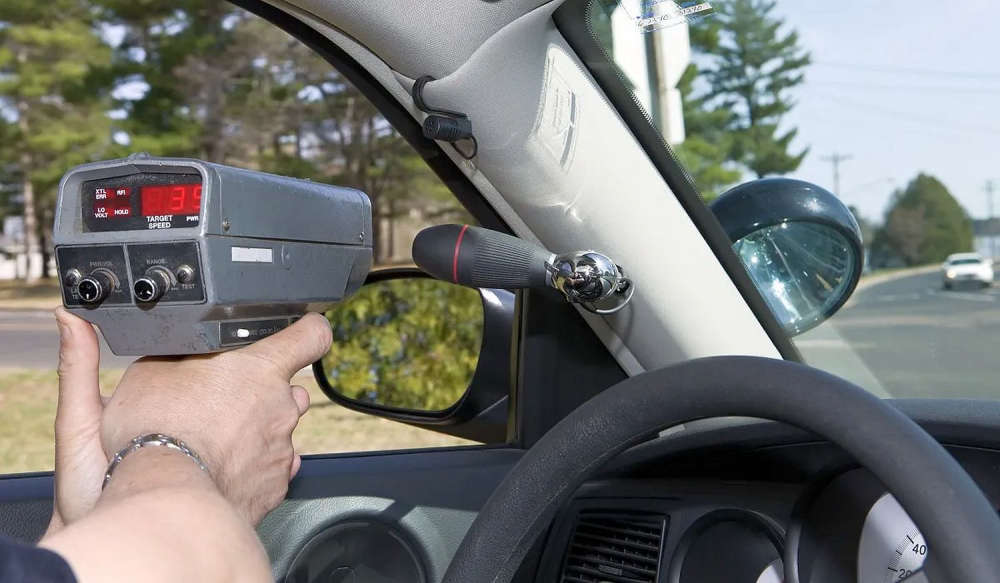 Bourbon teen arrested, driving 102 MPH on U.S. 30
Bourbon teen arrested, driving 102 MPH on U.S. 30
 Marshall County Communiity Foundation awards spring 2025 grants
Marshall County Communiity Foundation awards spring 2025 grants
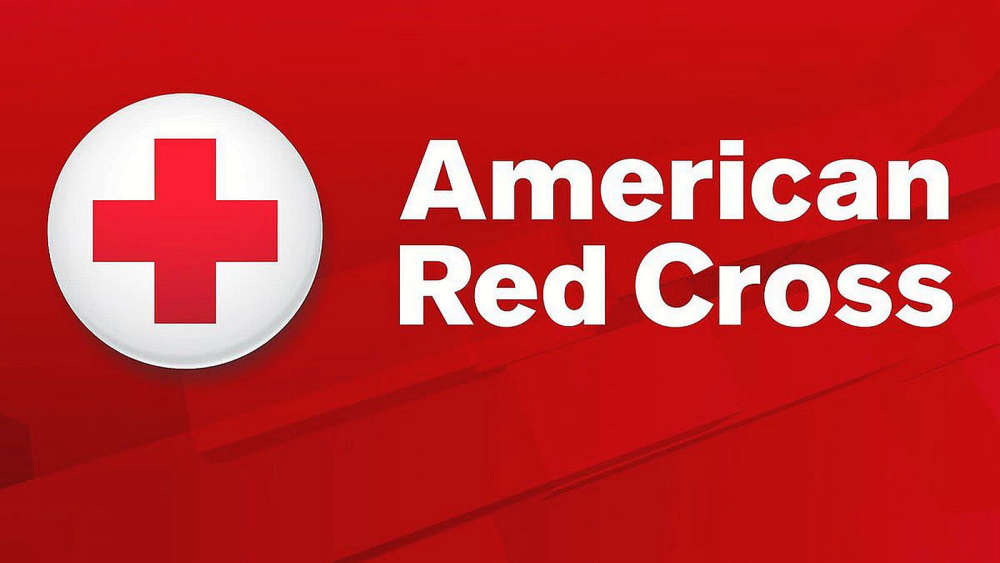 Become a lifesaving volunteer by giving blood with the Red Cross
Become a lifesaving volunteer by giving blood with the Red Cross
 Motorists: stay alert and share the road with farm equipment this spring
Motorists: stay alert and share the road with farm equipment this spring
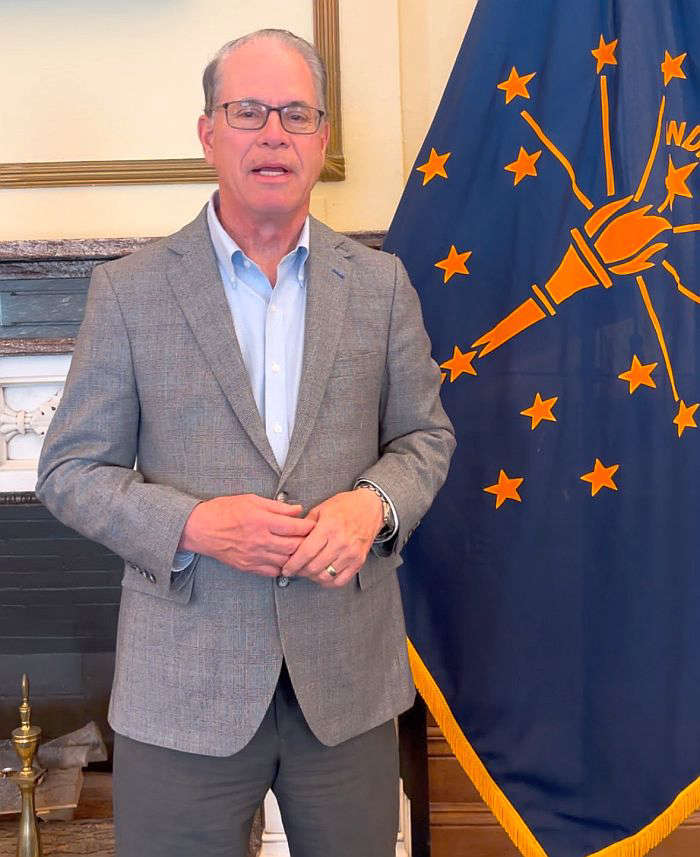 Governor Braun Announces Partnership between Indiana Excise Police, Indiana State Police to crack down on crime involving ‘nuisance bars’
Governor Braun Announces Partnership between Indiana Excise Police, Indiana State Police to crack down on crime involving ‘nuisance bars’




